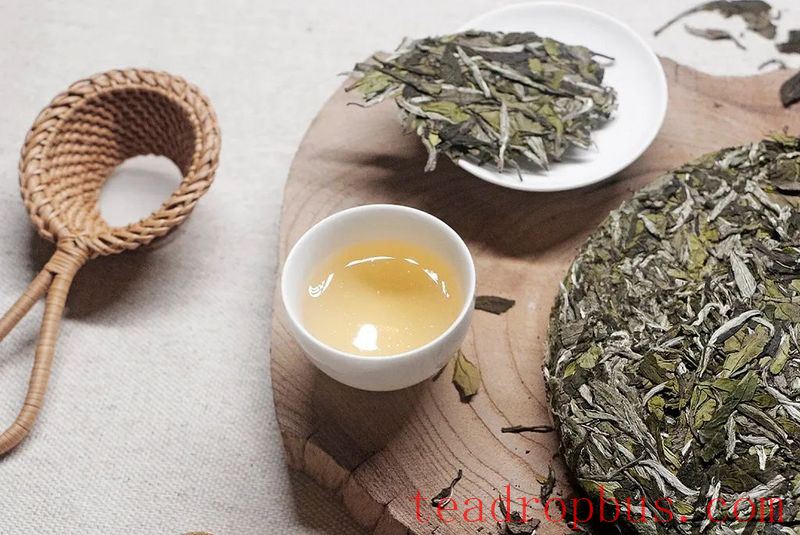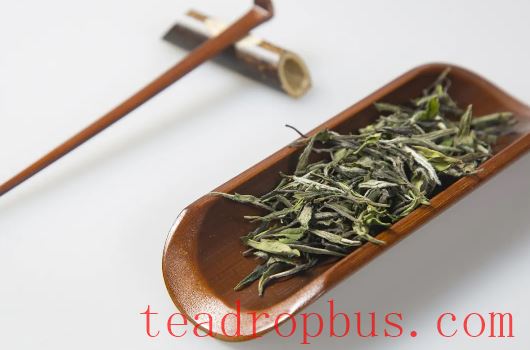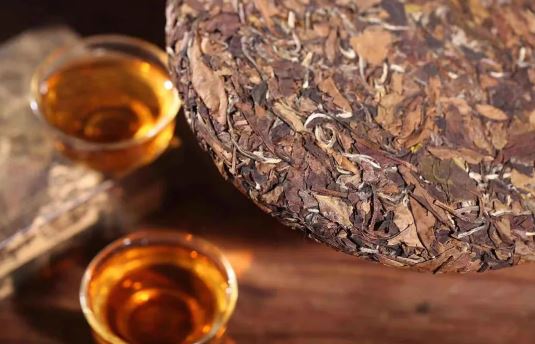I. Characteristics and Components of White Tea
White Tea, with its gentle fermentation process, retains many natural active components in the tea leaves. These components not only give white tea a unique taste and aroma but also have certain Health benefits. However, due to its low degree of fermentation, some of the components in the tea may have a stronger cooling nature.
The white tea contains abundant levels of catechins, caffeine, amino acids, and other substances. Catechins have antioxidant, antibacterial, and anti-inflammatory effects; caffeine can invigorate the mind; and amino acids provide essential nutrients to the body. However, for certain individuals who are more sensitive or have special conditions, these components may cause discomfort under specific circumstances.

II. Reasons for Coughing and Uncomfortable Throats After Drinking White Tea
1. Weak Spleen and Stomach
Some people have weaker spleens and stomachs, and their digestive system functions are relatively poor. When they drink white tea, the cooling components in the tea may stimulate the spleen and stomach, affecting the body's normal Metabolism and regulation. In this case, the condition of the trachea may be affected, leading to coughing.
2. Tracheal Sensitivity
The natural green active components in white tea may have a stimulating effect on individuals with sensitive tracheas. When the trachea is stimulated, it can easily trigger a cough reflex, causing discomfort in the throat.
3. Quality of Tea and brewing Method
If the white tea consumed is of poor quality, such as contaminated or spoiled, or if it is brewed improperly, such as with too high water temperature or too long brewing time, it may release excessive harmful substances, which can adversely affect the throat and trachea, causing coughing and discomfort.
4. Individual Differences and Allergic Reactions
Everyone's physical condition and reactions to food and beverages vary. Some people may have allergic reactions to certain components in white tea, and once consumed, their bodies may respond with symptoms like coughing and throat discomfort as a warning sign.

III. Relationship Between Different Types of Cough and White Tea
1. Lung Heat Type of Cough
For coughs caused by upper respiratory tract infections, secondary tracheal inflammation, or internal heat, the heat-clearing components in white tea can play a relieving role. Drinking white tea can help clear lung heat, dissolve phlegm, and stop coughing, reducing the symptoms.
2. Wind-Cold Type of Cough
However, if the cough is due to a wind-cold cold, and the trachea contracts excessively, drinking the cooling white tea at this time may exacerbate the cough symptoms. The coolness in white tea may further invade the body, worsening the condition. In this situation, one should avoid drinking white tea and instead opt for warm water and maintain good ventilation to promote recovery.
IV. How to Drink White Tea Scientifically to Avoid Discomfort
1. Understanding Your Own Constitution
Before choosing to drink white tea, it is crucial to fully understand your own constitution. If you know that you have a weak spleen and stomach, sensitive trachea, or a cold constitution, you should exercise caution when drinking white tea. You can reduce the amount you drink or choose to drink it when your body is in better condition.
2. Choosing High-Quality White Tea
Ensure that the white tea you drink is of high quality and from a reliable source. High-quality white tea not only tastes better but also has lower levels of harmful substances, reducing negative impacts on the body.
3. Correct Brewing Method
Mastering the correct brewing method is also key to reducing discomfort. Control the water temperature, brewing time, and quantity of tea to avoid over-brewing, which can lead to an excessive release of components from the tea.
4. Drinking in Moderation
No matter how beneficial white tea may be, it should always be consumed in moderation. Over-drinking can place unnecessary burdens on the body and increase the risk of discomfort.

V. Summary
As a precious type of tea, the unique charm and value of white tea cannot be denied. However, for those who experience coughing and throat discomfort after drinking white tea, we need to approach the issue rationally, considering factors such as personal constitution, tea quality, brewing methods, and the amount consumed. Only by drinking scientifically can we fully utilize the health benefits of white tea while avoiding unnecessary discomfort, making it a true part of our healthy lifestyle.
May every tea lover enjoy the wonderful taste of white tea while also caring for their bodies in the right way, allowing the aroma of tea to accompany good health.